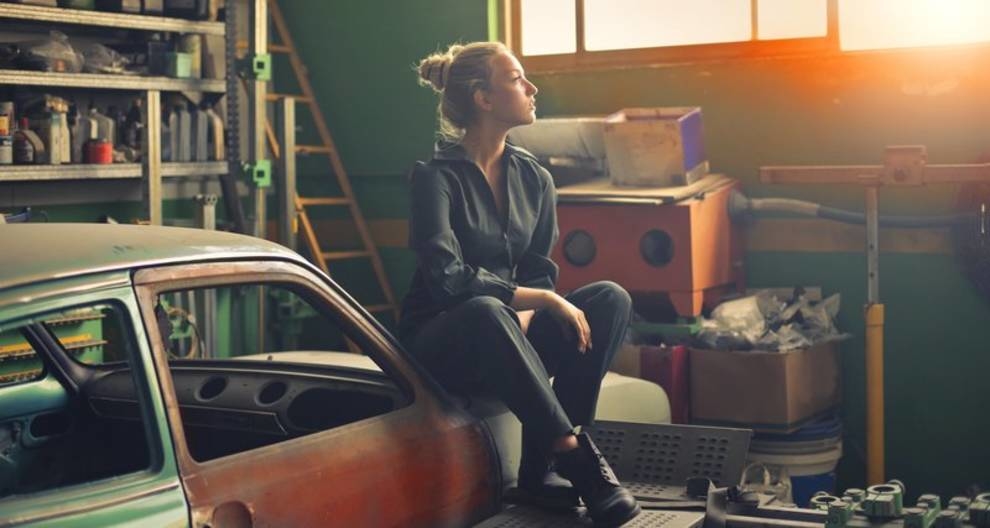
Less work to be done in winter — scientists
Scientists have popularly explained why in winter the working day should be shorter and what is the risk of processing at this time of the year.
For many of us, winter with its short cold days and long frosty nights causes a feeling of malaise. It is more difficult for us to wake up and it is very difficult to get ourselves to work. As a result, we do not have time.
For a small part of the population that is experiencing seasonal affective disorder (SAD), things are even worse - winter turns into a debilitating spleen. At the same time, people experience hypersomnia (daytime sleepiness) and they often have a bad mood than a good one. In addition, they experience an all-pervasive sense of worthlessness. Depression is a common occurrence in the winter. The number of suicides is increasing, and labor productivity in the workplace is falling. Especially in January and February.
All this is easily explained by winter gloom - a rather vague idea. But there is a scientific reason for SAD. If our internal clocks are not synchronized with the work schedule, should not our workday be adjusted for them?
“If our internal clock tells us to wake up at 9:00 because of a dark morning, but we get up at 7:00 anyway, then we will cut back on our sleep,” says Greg Murray, a psychology professor at Swinburn University (Australia).
Research in the field of chronobiology - a study of how our body regulates sleep and wakefulness - confirms the idea that the needs for sleep change in winter, and the limitations of modern life in the winter months are unacceptable.
For many of us, winter with its short cold days and long frosty nights causes a feeling of malaise. It is more difficult for us to wake up and it is very difficult to get ourselves to work. As a result, we do not have time.
For a small part of the population that is experiencing seasonal affective disorder (SAD), things are even worse - winter turns into a debilitating spleen. At the same time, people experience hypersomnia (daytime sleepiness) and they often have a bad mood than a good one. In addition, they experience an all-pervasive sense of worthlessness. Depression is a common occurrence in the winter. The number of suicides is increasing, and labor productivity in the workplace is falling. Especially in January and February.
All this is easily explained by winter gloom - a rather vague idea. But there is a scientific reason for SAD. If our internal clocks are not synchronized with the work schedule, should not our workday be adjusted for them?
“If our internal clock tells us to wake up at 9:00 because of a dark morning, but we get up at 7:00 anyway, then we will cut back on our sleep,” says Greg Murray, a psychology professor at Swinburn University (Australia).
Research in the field of chronobiology - a study of how our body regulates sleep and wakefulness - confirms the idea that the needs for sleep change in winter, and the limitations of modern life in the winter months are unacceptable.


